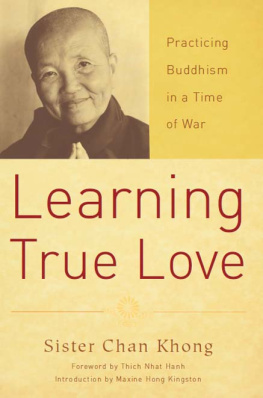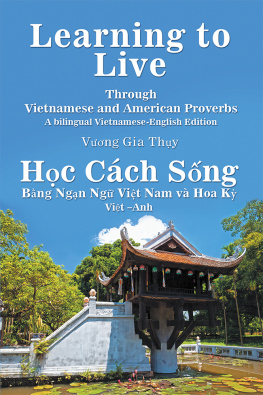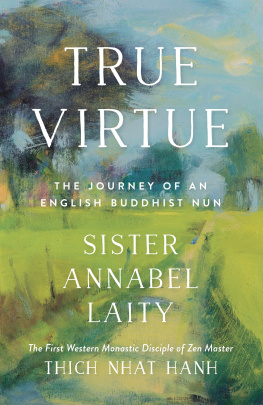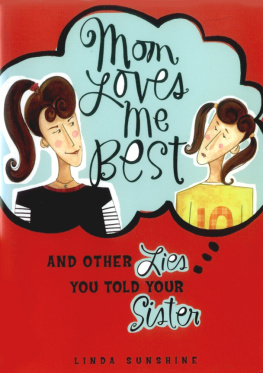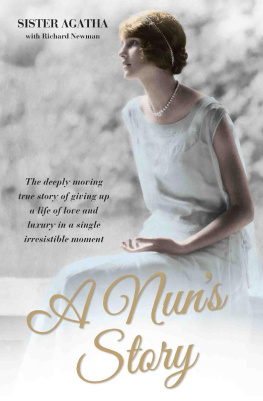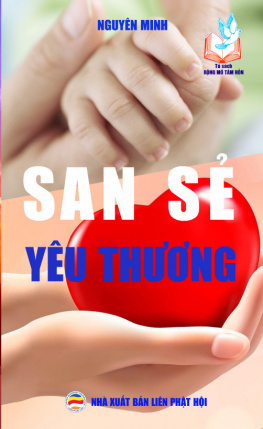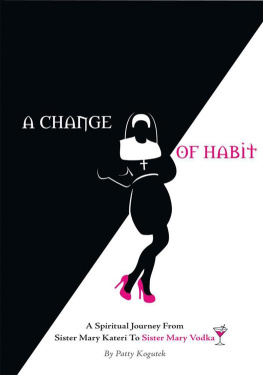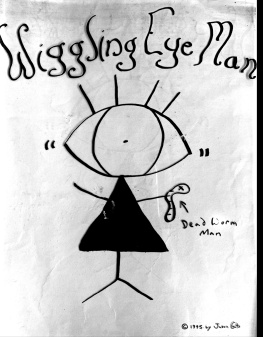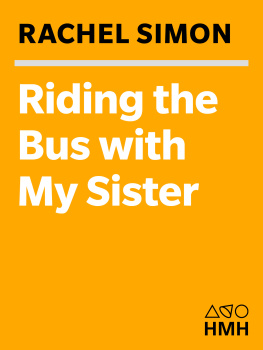Sister Chan Khong - Learning True Love: Practicing Buddhism in a Time of War
Here you can read online Sister Chan Khong - Learning True Love: Practicing Buddhism in a Time of War full text of the book (entire story) in english for free. Download pdf and epub, get meaning, cover and reviews about this ebook. year: 2007, publisher: Parallax Press, genre: Politics. Description of the work, (preface) as well as reviews are available. Best literature library LitArk.com created for fans of good reading and offers a wide selection of genres:
Romance novel
Science fiction
Adventure
Detective
Science
History
Home and family
Prose
Art
Politics
Computer
Non-fiction
Religion
Business
Children
Humor
Choose a favorite category and find really read worthwhile books. Enjoy immersion in the world of imagination, feel the emotions of the characters or learn something new for yourself, make an fascinating discovery.
- Book:Learning True Love: Practicing Buddhism in a Time of War
- Author:
- Publisher:Parallax Press
- Genre:
- Year:2007
- Rating:4 / 5
- Favourites:Add to favourites
- Your mark:
Learning True Love: Practicing Buddhism in a Time of War: summary, description and annotation
We offer to read an annotation, description, summary or preface (depends on what the author of the book "Learning True Love: Practicing Buddhism in a Time of War" wrote himself). If you haven't found the necessary information about the book — write in the comments, we will try to find it.
Sister Chn Khng was born in a village on the Mekong River Delta in 1938. In her teens she devoted her life to the development and practice of nonviolence grounded in the Buddhist precepts of non-killing and compassionate action. Propelled by her passionate dedication to social change, she began working in the slums of Saigon, distributing food, working with the sick, and teaching children. When she was 21 years old she met the man who until to this day remains her teacher and spiritual companion: Thich Nhat Hanh. With him she co-founded the School of Youth for Social Service in 1964, which grew to an organization of over 10,000 young people organizing medical, educational, and agricultural facilities in rural Vietnam, and rebuilding villages destroyed in the fighting. Sister Chn Khng became well known in the anti-war and peace community for her work promoting human rights and protesting repression and violence, often at risk of her own life. She continues to do this work today.
After the war she became one of the co-founders of Plum Village, the spiritual center, that is home to Thich Nhat Hanhs community in France, where she continues to be deeply involved in the development and vision for this unique community.
In January of 2005, after nearly 40 years in exile, Sister Chn Khng was able to return on a 3-month visit to Vietnam. In this fully revised edition of Learning True Love she movingly describes the return to her homeland, the reunions with many old friends and fellow activists, and shares her impression of the new Vietnam, where Buddhists still struggle for religious freedom and the re-establishment of their own organizations.
Learning True Love is a moving personal memoir, an introduction to the mindfulness teachings and life of Thich Nhat Hanh and his community in exile, an overview to the development of the European and American peace and human rights movement, and an introduction to the engaged and practical style of Vietnamese Buddhism. It documents the process that brought an end to the US Vietnam war, and gives a lively summary of Vietnamese history from 1945 to the current political, social and spiritual climate in Vietnam. Learning True Love also portraits some of the many remarkable people that shared Sister Chn Khng s path.
Foremost however it is the remarkable and impressive story of a very courageous woman, whose journey from an accredited biologist at the University of Paris to a Buddhist nun, gives her unique insight into lifes central questions and the ability to address them in an unflinching and straightforward manner.
Forewords by Thich Nhat Hanh and Maxine Hong-Kingston
Sister Chan Khong: author's other books
Who wrote Learning True Love: Practicing Buddhism in a Time of War? Find out the surname, the name of the author of the book and a list of all author's works by series.

